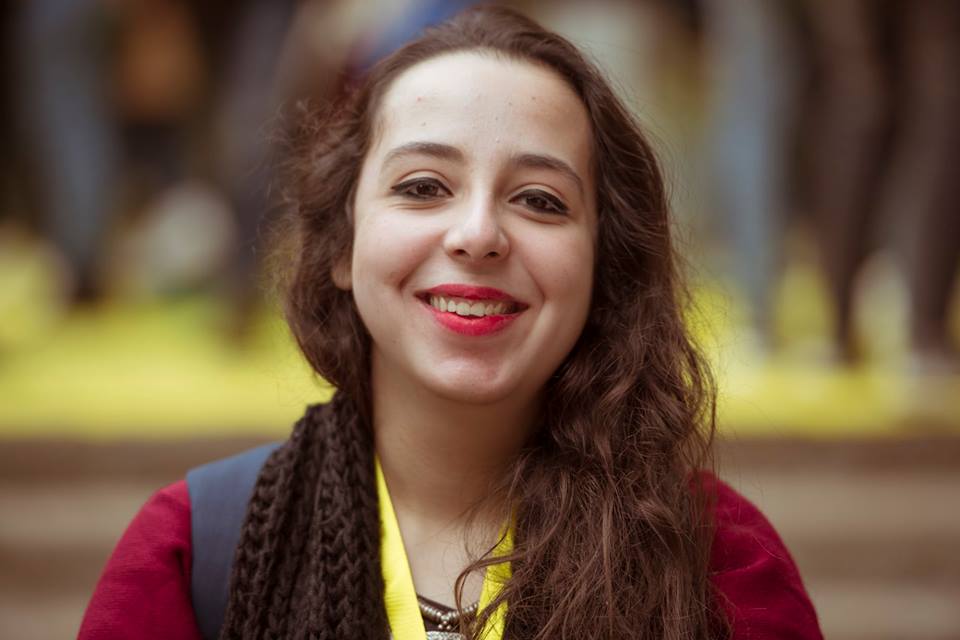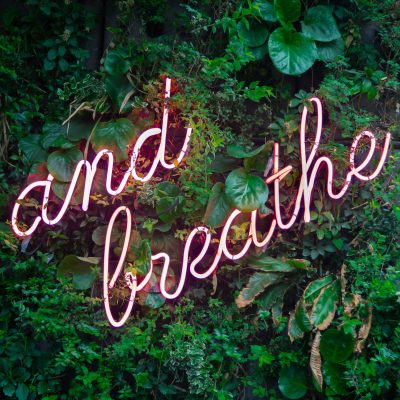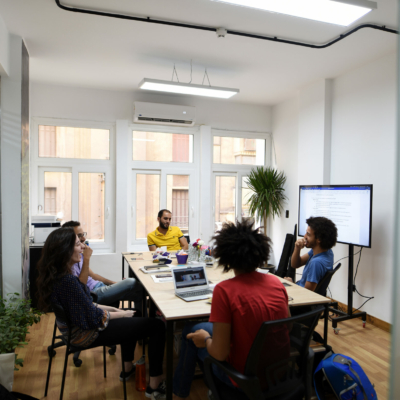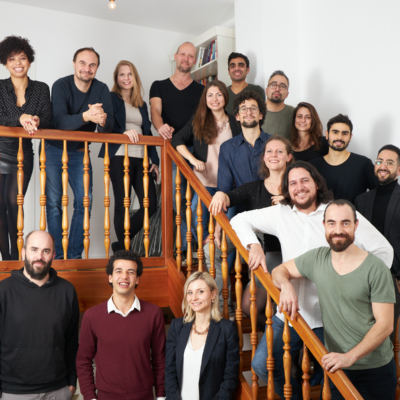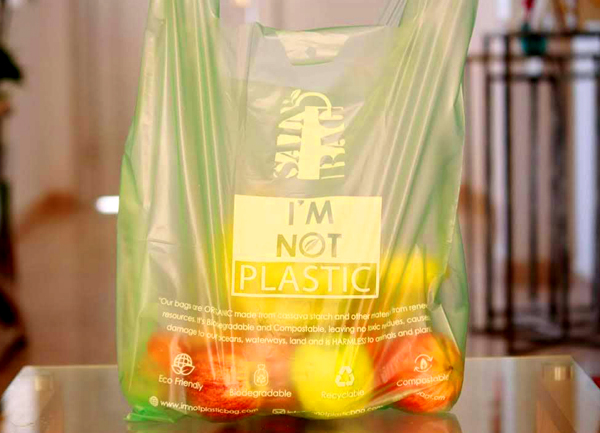
In starch contrast: These bags are the opposite of plastic
One of the biggest impacts on our environment are plastic bags: They clog waterways, litter the oceans, and pose a threat to animals.
Sainsbags from Indonesia uses natural materials to create bags just as durable as plastic – but biodegradable and harmless to nature.
enpact talked to Shradha Rungta from Sainbags about their vision of a more sustainable future.
What was your main motivation to start your business?
The ability of seeing an opportunity and gathering the resources to turn a possibility into a reality is what made me embark on the journey of entrepreneurship. Working on a new possibility that never existed before, working with imagination, insight, and boldness was my driving force. Being a mother, I believe that every child has the right to grow up in a healthy environment – to live, learn and play in safe places. If, in my own way, I can contribute to that, then I want and have to.
Sainbags is on a mission with its Bio Cassava bags: “Clean and Green is our Perfect Dream.”
Our bags are made from cassava starch and other materials from renewable resources. It’s biodegradable and compostable, leaving behind no toxic residues, causes no damage to our oceans, waterways and land, and it is harmless to animals and plants, with the goal of minimizing impacts of plastic pollution on our environment.
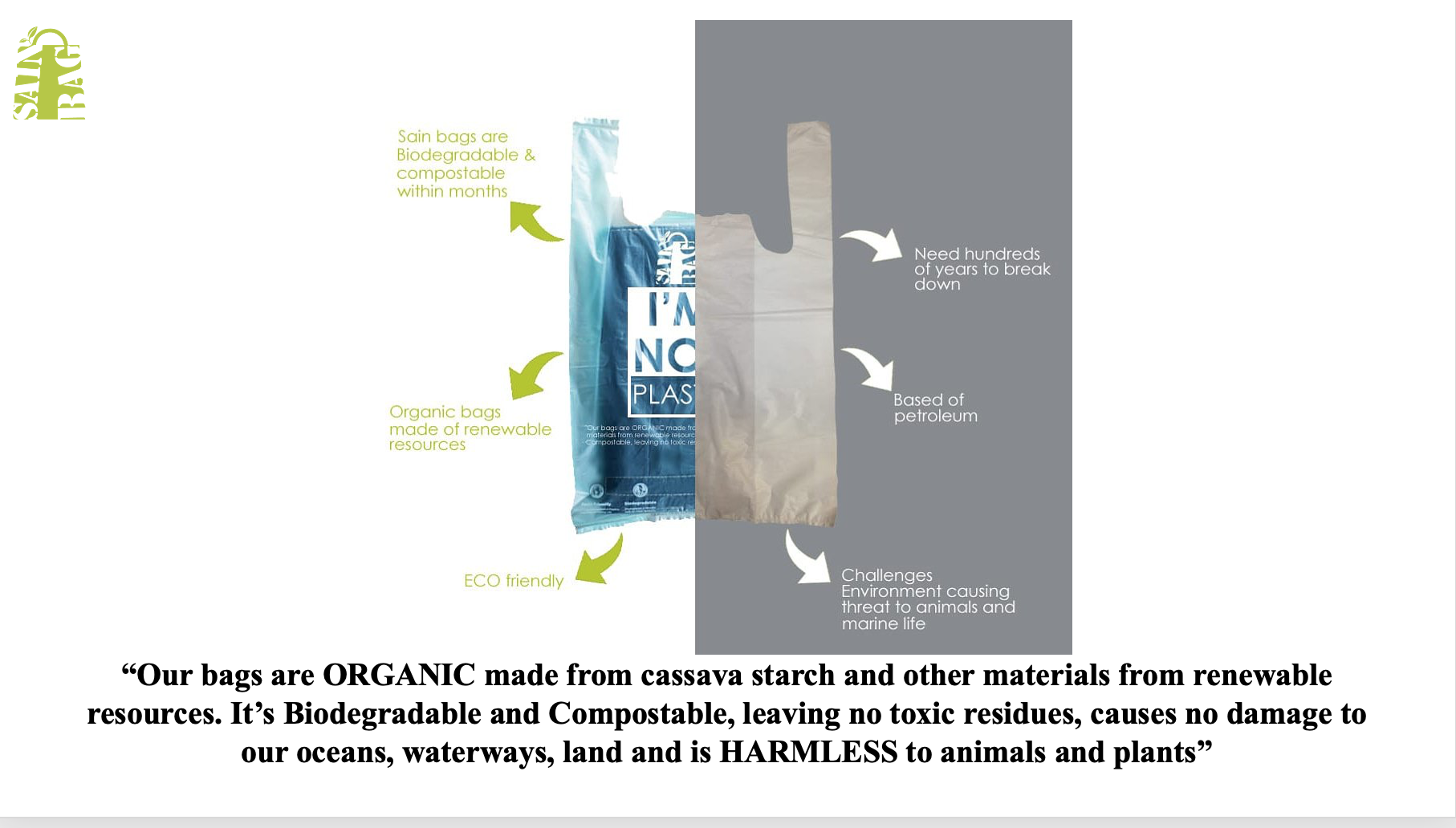 Bio Cassava bags Product Description.
Bio Cassava bags Product Description.
Do you remember the time when you achieved your first milestone?
The joy on the day when we opened up the factory, seeing the machinery being set up and when the first bags were being produced was a feeling of accomplishment which is difficult to express in words. And then when we rolled out the first production. The first order was from a client who actually decided to change to Bio Cassava Bags, and it was an affirmation that we are going in the right direction. Knowing our products are in a league of their own in terms of pricing and quality was an achievement.
What was the main effect of the pandemic on your business? What steps did you take in your business model to adapt to the pandemic?
We started our manufacturing in 2019, and managed to get our first big order in January 2020. Just when we thought we were moving forward and expanding, the pandemic hit us hard. All the restaurants and bakeries were closed, and two big clients were unable to pay us in full. But the bags were already produced.
I did not want to let my employees go, as I was worried they would not find any other employment during a crisis like this. It was then that I realized that either I have to think of a solution, or I give up. Giving up was never really a choice. Therefore we tried to work on lowering our expenses, paying at least the basic salaries, rent and electricity.
We implemented a turn around model by collaborating with companies like L’Oréal, which were taking part in an initiative for Green Packaging. That helped us during this difficult period. In 2021, we are now manufacturing mailer bags for global brands such as Garnier and Kiehls.
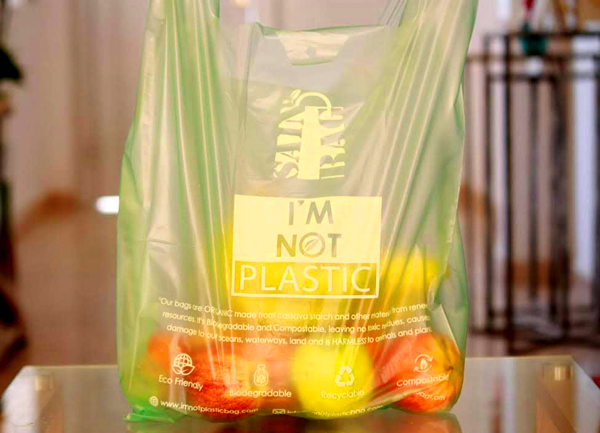 Bio Cassava shopping bags.
Bio Cassava shopping bags.
How do you perceive the current status of sustainability awareness in your city? Especially in the business community.
Sustainability is a concept which is still not understood by a lot of people. The awareness is gradually increasing but the question is how many people really understand terms such as sustainability, ethical consumption or biodegradability.
There is a lot of “green-washing” going on. Some companies might place products on the shelves and are marking them with fancy labels – they know that a lot of consumers will not always have the capacity or knowledge to truly question how sustainable the company is or the manufacturing process is.
How did the Empowering Entrepreneurship Initiative support your business during the pandemic?
The Empowering Entrepreneurship Initiative was just the right program to guide us during the pandemic. Managing your products, finances and all the content that was shared by the experts was very insightful for us as a company. The pandemic hit us especially hard as restaurants were one our biggest customer segments. The program helped us to evaluate how we can diversify, what more we can offer to the customer, how we can build better relationships and work through the crisis. We were able to open avenues for distributorship; coming with the idea of Mailer bags to adapt to new customer behaviors. Our e-commerce mailer bags then helped us to pitch our model to Garnier and Kiehls who willingly supported us , and carried their responsibility in changing their plastic mailing bags to our Bio Cassava Starch Bags.
How does your outlook about the future of your business differ between now and in February 2020?
Everything is rapidly changing, every single day. Nothing seems to be constant. I believe that in the current situation, as it is not in our hands, all we can do is support our team, and work on future opportunities. We are doing that, and that is maybe one of the biggest lessons: learning how adaptable we can be.
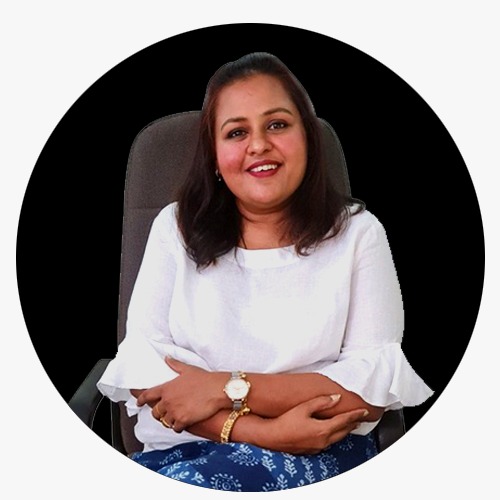
Shradha Rungta, Co-Founder of Sainbags.
What advice would you share with young entrepreneurs wanting to start a business amidst the current crisis?
Entrepreneurship comes with a host of challenges. Rewarding challenges, but harsh challenges nonetheless. My advice is: dream, be persistent, be open to criticism, but also to positivity, and believe that even if you fall 100 times, the 101st time you stand you will continue walking and be stronger for the experience.
“And one important thing: just dreaming is not enough. You need to put it into action. Don’t worry about the outcome. If you are successful, then great, if not, then remember challenges and setbacks are what will help you get a better opportunity.”
Remember that nothing comes easy, and what comes easy does not stay. Last but not least, we are nothing without our team. Even if you have the right product; without the right team at your side you will not succeed.
